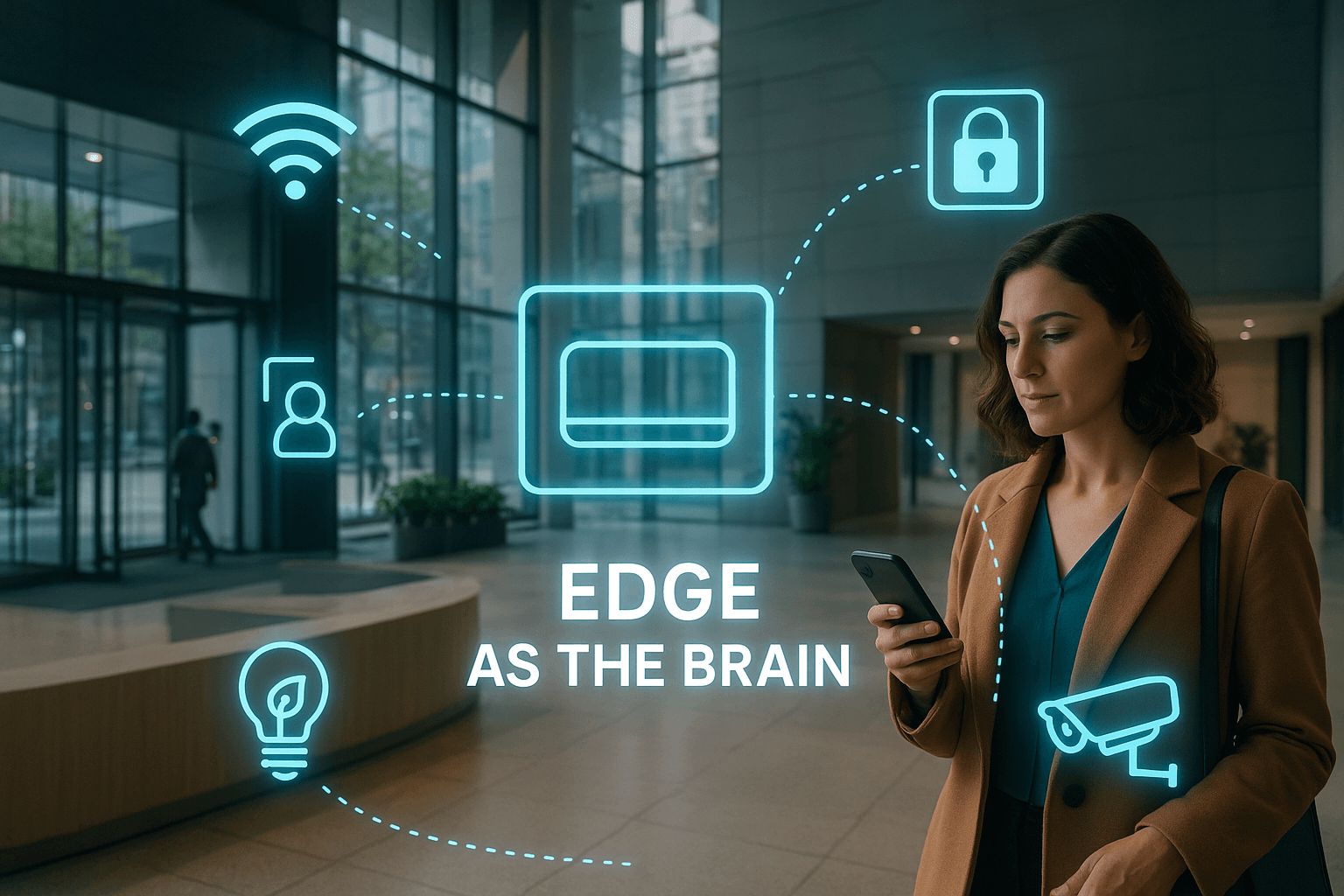
Leveraging AI to Drive Digital Transformation in Africa
 I am very passionate about Digital Transformation in Africa and the trajectory the continent is taking. Africa is a continent that is rapidly growing and developing, with a population that is projected to double by 2050. This growth presents a huge opportunity for businesses looking to expand and scale in the region. However, with this opportunity comes a number of challenges that must be navigated in order to succeed. One of the biggest challenges facing businesses in Africa today is the lack of reliable and affordable digital infrastructure. From internet connectivity to storage and computing power, businesses in Africa are often limited by the technology available to them. However, the advent of artificial intelligence (AI) presents an opportunity for Africa to leapfrog these barriers and create a more robust and resilient digital infrastructure.
I am very passionate about Digital Transformation in Africa and the trajectory the continent is taking. Africa is a continent that is rapidly growing and developing, with a population that is projected to double by 2050. This growth presents a huge opportunity for businesses looking to expand and scale in the region. However, with this opportunity comes a number of challenges that must be navigated in order to succeed. One of the biggest challenges facing businesses in Africa today is the lack of reliable and affordable digital infrastructure. From internet connectivity to storage and computing power, businesses in Africa are often limited by the technology available to them. However, the advent of artificial intelligence (AI) presents an opportunity for Africa to leapfrog these barriers and create a more robust and resilient digital infrastructure.

Challenges of the Digital Transformation in Africa:
Limited Internet connectivity: Many African countries have low internet penetration rates, and even where connectivity is available, it is often slow and unreliable. This makes it difficult for businesses and individuals to access online services and limits the potential of e-commerce and other digital industries. We are talking about 5G and yet, 3G is still not available to most people across the continent. Lack of computing power: In addition to limited connectivity, Africa also faces a shortage of computational resources. This can make it difficult for businesses to process large amounts of data and for researchers to run complex simulations and analyses. Data privacy and security: As Africa becomes more connected, there is a growing risk of cyber-attacks and data breaches. This not only harms businesses and individuals but also undermines trust in the digital economy. Human capital: Africa has a shortage of skilled workers in the digital field, which makes it difficult to implement and operate advanced technologies. Check out our other articles on How AI is support digital literacy for Citizens in Africa.
Solutions of Digital Transformation in Africa:
AI can help to overcome many of these challenges by providing new ways of processing and analyzing data, creating more efficient networks, and improving security. AI-powered networks: AI can be used to optimize the use of existing infrastructure, such as by allocating bandwidth more efficiently and identifying and troubleshooting problems in real time. This can help to improve the reliability and speed of internet connections. Cloud computing: Cloud computing platforms can provide Africa with access to powerful computational resources, even in areas with limited connectivity. AI can also be used to optimize the use of these resources, such as by scheduling tasks to run when demand is low. However, those resources need to be low-cost and easy to deploy applications since most African Startups or engineers do not have the same spending capacity as Europe or the United States. Please check this article. Data privacy and security: AI can be used to improve data privacy and security by detecting and blocking cyber attacks, and by encrypting data to protect it from unauthorized access. Human capital development: AI can be used to support the development of human capital by providing training and education, as well as by automating repetitive tasks so that workers can focus on more complex and rewarding activities. Especially in Africa with such a high-growth population, finding ways to automate such a process would be a game changer.
Conclusion:
The challenges facing Africa’s digital transformation and digital infrastructure are significant, but so too is the potential for growth and development. By harnessing the power of AI, Africa can create a more robust and resilient digital infrastructure that supports economic growth and social development. The interest of the United States to participate in the African digital transformation Gitex Africa Digital Summit


